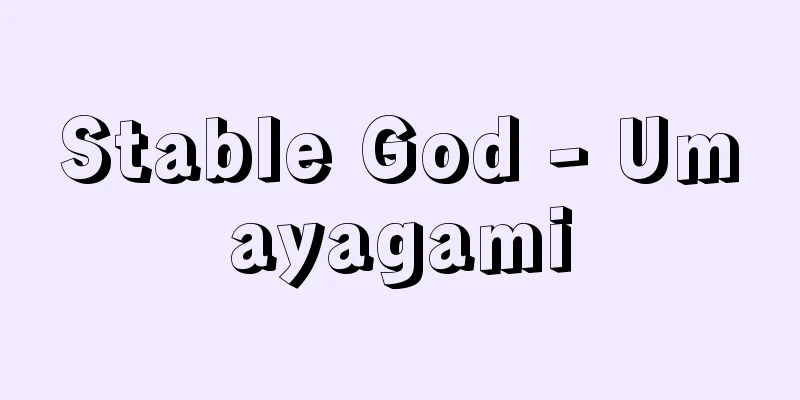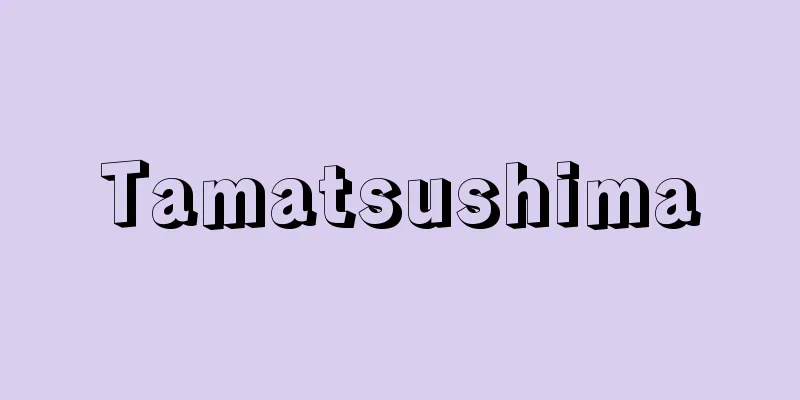Indefinite Punishment - Futeikikei

|
Imprisonment where the term of imprisonment is not set when the sentence is handed down, and the time of release is decided depending on the circumstances of execution. There are absolute indeterminate sentences where the term of imprisonment is not set at all, and relative indeterminate sentences where a long and short term are set and the time of release is decided within that range. The former has a completely indeterminate term of imprisonment and goes against the principle of criminal legality. Therefore, indeterminate sentences usually mean relative indeterminate sentences. If special prevention is emphasized as the purpose of punishment, it is desirable to make the term of imprisonment flexible depending on the degree of improvement of the prisoner. However, indeterminate sentences have been criticized for being against the principle of responsibility, for being difficult to determine the long and short terms, forcing prisoners to adopt submissive attitudes in order to be released early, for being problematic in terms of protecting human rights if the sentence is long, and for being expected to have a similar improvement effect under the parole system, and so the current Criminal Code does not adopt them. As an exception, the Juvenile Code, which takes into consideration the plasticity of juveniles, only allows for the imposition of an indeterminate sentence by specifying the long and short terms within the range of the sentence when the sentence is a fixed-term imprisonment or incarceration with a maximum term of three years or more (Article 52). [Oide Yoshitomo] Source: Shogakukan Encyclopedia Nipponica About Encyclopedia Nipponica Information | Legend |
|
刑を言い渡す際に刑期を定めず、執行の状況によって釈放の時期を決める自由刑。まったく刑期を定めない絶対的不定期刑と、長期と短期を定めて、その範囲内で釈放の時期を決める相対的不定期刑があるが、前者は刑期がまったく不確定で、罪刑法定主義に反する。それゆえ、通例、不定期刑とは相対的不定期刑を意味する。刑罰の目的として特別予防を強調するならば、受刑者の改善の程度によって刑期に弾力性をもたせることが望ましい。 しかし、不定期刑には、責任主義の原則に反する、長期と短期を定めるのが困難である、受刑者が早期釈放をねらって服従的態度をとる、刑期が長期になった場合人権保障上問題がある、仮釈放制度でも同様の改善効果を期待できる、といった批判があり、現行刑法は採用していない。例外的に、少年の可塑性を配慮した少年法が、処断刑が長期3年以上の有期懲役または禁錮のとき、処断刑の範囲内で長期と短期を定めて不定期刑を言い渡すことを認めているにすぎない(52条)。 [大出良知] 出典 小学館 日本大百科全書(ニッポニカ)日本大百科全書(ニッポニカ)について 情報 | 凡例 |
Recommend
Einherjar (English spelling)
In Norse mythology, the name of the group of warri...
EBF - E.B.F.
《 English breakfast 》⇒English breakfast Source: Ab...
MOFa/c - M.O.F.A.C.
…This special account was established in April 19...
Katsura School - Katsura
〘Noun〙 A school of metalwork. Its founder was Kats...
Ceinina japonica (English spelling)
... Hyale grandicornis (10-22mm long) looks like ...
Paymaster - Kyushu
〘 noun 〙 In the Middle Ages, a person who was in c...
Co-conspirator - Kyodoseihan
It means "two or more people working togethe...
Eric the Red - Eric the Red
…The discoverer of Greenland. He was also called ...
collegium musicum
...In the 17th century, music from Italy, France,...
Anne Sullivan
...Born in Alabama. At the age of two, she became...
Divine Order
…After studying languages, theology, and philosop...
Ramapithecus - Ramapithecus (English spelling)
Fossil ape. In 1932, Lewis, a graduate student at...
Meiwa Gikan - Meiwa Gikan
Kabuki information. Written by Omi Sanmaro, real n...
Ludwig Boltzmann
Austrian physicist. Known especially for his rese...
Basic industry
…The first type is export industries, which engag...









